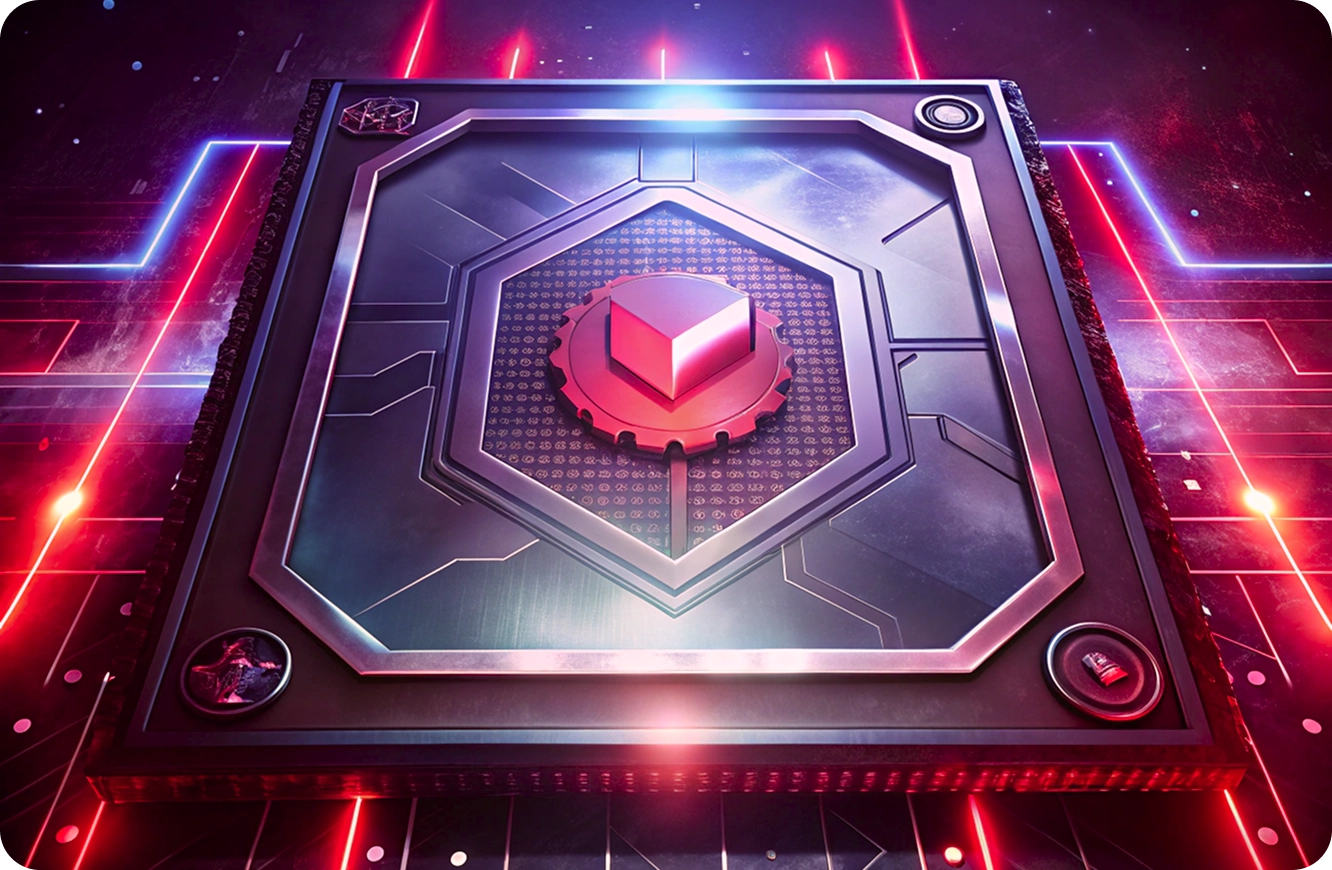Course program
Module 01
Introduction

About this course
Introduction
What is DevOps
Questions and Answers
What is Continuous Integration
What is Continuous Delivery
DevOps Test
Course Material
Module 02
Prerequisites and Setup Information

Tools Prerequisites
Chocolatey for Windows
Homebrew for MacOS
Software Installation
Required Tools for CentOS 9, RHEL9 and Rocky Linux
Required Tools for Ubuntu 24
Registrations
AWS Setup
Other
Module 03
Setting up a Virtual Machine

Welcome to Virtualization
What is Virtualization
Introduction
VM-Manually (Windows and MacOS, Intel chip)
VM on MacOS M1 chip
Vagrant and VirtualBox
Other
Module 04
Linux

Introduction to Linux
Introductory Questions about Linux
Commands and File Systems
Test Basic Command in Linux
Additional Commands (mkdir, cp, mv, touch, etc.)
Vim Editor
Test Vim Editor
File Types
Types of Test Files
Filters
Test Filter Command
Redirections
Test Redirection
Users and Groups
Test Users and Groups
File Permissions
Test File Permissions
Sudo
Sudo Quiz
Package Management
Package Management Quiz
Services
Services Quiz
Processes
Processes Quiz
Archiving
Ubuntu Commands
Linux OS Quiz
Linux Commands
Other
Module 05
Vagrant and Linux - Servers

Vagrant VMs
Vagrant IP, RAM, and CPU
Synchronizing Vagrant Directories
Provisioning
Website Configuration
Wordpress Configuration
Automating Website Setup
Automatic Wordpress Setup
Vagrant File for Multiple Virtual Machines
Systemctl and Tomcat 10
Quiz IAC
Module 06
Variables, JSON and YAML

Introduction
Variables and Python DS
JSON and YAML
Module 07
Manual and Automated Configuration of the VProfile Project

Welcome to the Project
Introduction
Setting Up a Virtual Machine
Setting Up MySQL
Setting Up Memcache
Setting Up RabbitMQ
Setting Up the Application
Setting Up Nginx
Check
Automated - Introduction
Automated - Code
Automated Execution
Vprofile Project Quiz
Module 08
Networking

ISO
Understanding Networks and IP
Protocols, Ports, etc.
Networking Commands
Networking Interaction Quiz
Module 9. Introducing Containers
What are Containers
Container Quiz
What is Docker
Introductory Test on Docker
Hands-On Experience with Docker Containers
Docker Quiz
Vprofile Project on Containers
Microservices
Microservice Project
Module 09
Bash Scripting

Bash Scripts
Introduction\Setting Up a Virtual Machine
First Script
Sample Script
ChatGPT
Variables
Test on Variables
Command-Line Arguments
System Variables
Arguments Quiz
Quotes
Command Substitution
Quotes Quiz
Exporting Variables
Variables Quiz
User Input
Decision Making Part 1
Decision Making Part 2
Conditions Quiz
Monitoring Script
Loops
For Loop Quiz
While Loops
Remote Command Execution
SSH Key Exchange
Final Part 1
Final Part 2
Module 10
AWS - Part 1

What is cloud computing
Introduction
Introduction to EC2
Quick start EC2
More in EC2 Part 1
More in EC2 Part 2
AWS CLI
EBS
EBS Snapshots
Introduction to ELB
ELB hands-on experience
Introduction to CloudWatch
CloudWatch hands-on experience
AWS
Introduction to the Auto Scaling group
Hands-on course for Autoscaling group
S3 Introduction
Hosting websites with S3
More in S3
RDS
Module 11
AWC Cloud for project setup

Introduction
Security group and key pairs
EC2 instances
DNS Route 53
Creating and deploying artifacts
Load balancer and DNS
Auto Scaling group
Check and summarize
Module 12
Changing the architecture of a web application in the AWS cloud [PAAS and SAAS]

Introduction
Security group and key pairs
RDS
Elastic Cache
Amazon MQ
Database initialization
Beanstalk
Update on security group and ELB
Build and deploy artifact
CloudFront
Check and summarize
Module 13
GIT

Introduction
Versioning
Branches and more
Rollback
Git Ssh - login
Git tags, semantic versioning, and more
Git commands
Module 15. Expert
Introduction
Maven Practical
Module 14
Continuous Integration with Jenkins

Introduction
Installation
Freestyle vs Pipeline as Code
Installing Tools in Jenkins
First Job
First Build Job
Plugins, Version Control, and More
Disk Space Issue
Pipeline Continuous Integration Flow
Steps for Continuous Integration Pipeline
Setting Up Jenkins, Nexus, and Sonarqube
Plugins for CI
Introduction to Pipeline As A Code
Code Analysis
Code Analysis Demonstration
Quality Gates
Introduction to Software Repositories (Nexus)
Nexus PAAC Demonstration
Notification, Slack
CI for Docker
| Introducti
Information on Docker PAAC Prerequisit
Docker PAAC Demonstrati
Introduction to Docker CI
Docker CICD Co
Setting Up AWS E
Docker CICD Demonstrati
Clean
Introduction to Build Trigge
Build Triggers Demonstrati
Jenkins Master and Age
Authentication and Authorizati
Module 15
Python

Introduction
Python on Linux, Versions and Indentations
Quotes and Comments
Variables
Print Formatting
Slicing
Operators
Conditions
Loops
Break and Continue
Built-in Functions or Methods
Functions Part-1
Functions Part-2
Modules
OS Tasks
Python Fabric
Python Scripts
Module 16
Study Terraforming

Introduction
Basics of Terraforming
Code Structure
Code Structure, Part 2
Plan, Apply, Update, and Destroy
Variables
Providers
Outputs
Backend
What's Next?
Module 17
Ansible

Introduction
Setting Up Ansible and Infra
Inventory and Ping Module
Inventory Part 2
YAML and JSON
Special Commands
Guides and Modules
Modules - Search, Use, Troubleshoot, and Repeat
Ansible Configuration
Variables and Debugging
Group and Host Variables
Fact Variables
Decision Making
Loops
File, Copy, and Template Modules
Handlers
Roles
Ansible for AWS
Vprofile Code
Module 18
AWS - Part 2

Introduction to VPC
Design and Components of VPC
Details of VPC Setup
Default VPC
Create VPC
Subnets
Internet Gateway
Route Tables
NAT Gateway
Bastion Host
Site in VPC
Peering
Setting Up Terraform for VPC
EC2 Logs
Links
buildspec
S3 Policy
Module 19
AWS CI/CD

Introduction
Beanstalk
Setting Up RDS and Applications on Beanstalk
Commit Code
Build Code
Build, Deploy, and Code Pipeline
Module 20
Docker

Introduction
Setting Up Docker
Docker Commands and Concepts
Docker Logs
Docker Volumes
Building Images
Entry Point and CMD
Docker Compose
Multi-stage Dockerfile
Module 21
Containerization

Introduction
Overview of Base Image
Setting Up Dockerhub
Setting Up Docker Engine
Links to Dockerhub and Dockerfile
Application Image Dockerfile
Database Image Dockerfile
Web Image Dockerfile
Docker Compose
Build and Run
Summarize
Microservices Containerization Project
Creating and Running a Microservices Application
Module 2
Kubernetes

Introduction
Setting Up Minikube for K8s
Setting Up Kops for K8s
Objects and Documentation
This was a Config.
Pods
Namespaces
Various Levels of Logging
Service
Replica Set
Deployment
Command and Arguments
Volumes
ConfigMap
Secret
Introduction
Kubectl CLI and Cheat Sheet
Additional
Lens
Setting Up Terraform for EKS
vproapppod
vproapp-nodeport
vproapp-loadbalancer
vproapp-repl-controller
Module 23
Deploying an Application in a Kubernetes Cluster

Introduction
Architecture
Overview of Source Code
Secret
Persistent Volume for DB [PVC]
MySQL Application
MySQL Service
Memcache Application and Service
RabbitMQ Application and Service
Tomcat Application and Service
Introduction
Setting Up K8s Cluster and Source Code
Deploying Application in K8s Cluster
Summarize
Module 24
GitOps Project

Introduction to GitOps
Project Architecture
Prepare Github Repository
Github Secrets
Terraform Code
Preparing Workflow for Terraform Code
Main Workflow for Terraform Code
Workflow for Vprofile Application Code
Build and Publish Docker
Deploy to EKS
Clean Up
Module 25
CloudFormation Tutorial

Introduction
First Example
Internal Function
Change Set
More Internal Functions
Multiple Resources
Mappings and Pseudo-Parameters
Parameters
Outputs
Warm Up
Module 26
Conclusion

Summary
 online course
online course








 Start
using DevOps at work
Start
using DevOps at work You will
master Docker and Kubernetes
You will
master Docker and Kubernetes Explore
modern tools
Explore
modern tools Learn to
design pipelines yourself
Learn to
design pipelines yourself





 Birman
Birman
 Alexey
Alexey
 David
David
 Marat
Marat

